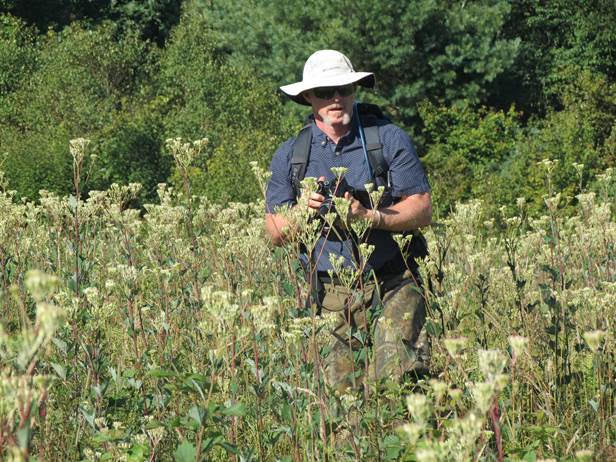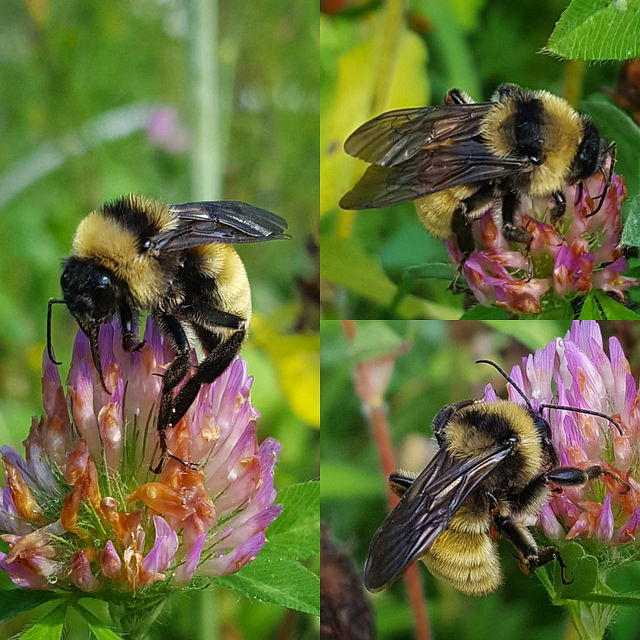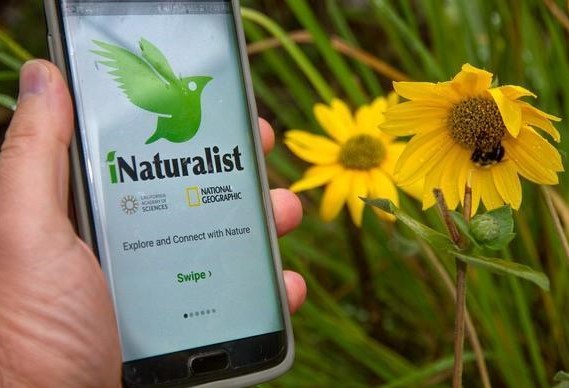Zoom Online Workshop
iNaturalist Tutorial
Sat. April 10, 2021
10 -11 am plus Q & A
With Bryan Tompkins
Watch the Workshop on our YouTube Channel!
Here’s the link – https://youtu.be/aroVszvc17Q
Connect to nature and tap into your inner naturalist!
Not sure what kind of plant or animal you see? iNaturalist is one of the best tools available for species identification, collecting data, and preserving species information. iNaturalist describes itself as “an online social network of people sharing biodiversity information to help each other learn about nature”, with its primary goal being to connect people to nature.
Whether you’ve just recently created an account with iNaturalist or have been using the program, this tutorial will be helpful to all that use the platform. We will explain everything from how to take usable photos, uploading your photos to iNaturalist, and using iNaturalist to help with identifying the species in your photo.
We will also discuss how data collected on iNaturalist is useful to science and its use as one of the primary data collection and storage tools for Citizen Science projects. So, come join us for this tutorial and learn how to show off those magnificent photos while helping scientists across the country in collecting useful data on the species you encounter.
Free, but must RSVP.
RSVP below for the iNaturalist Tutorial ZOOM Online Workshop. Must be signed up by Friday, April 9 at 6 p.m. to receive an invitation. Registered participants will be sent a ZOOM link on the morning of Sat, April 10 by 8 am. Workshop starts at 10 am.
Please do not sign up more than once.
This workshop has already occurred.


About Bryan Tompkins: Bryan grew up in a rural farming community near Milledgeville, Georgia. Spending much of his youth playing in the forests and swamps around his home instilled in him a great appreciation of nature. In 1995, he graduated with a Bachelor of Science degree from Georgia College and State University. Bryan started his career with the National Park Service on the Blue Ridge Parkway but has spent the past 15-years as a Wildlife Biologist with the U.S. Fish and Wildlife Service (USFWS) in Asheville, North Carolina. He currently serves as the USFWS – Southeast Region recovery biologist for the federally endangered rusty-patched bumble bee and is the Energy Project Coordinator for the Asheville Field Office where he reviews energy production and development projects such as hydropower, coal combustion, natural gas, solar arrays, and wind farms. His job responsibilities consist of coordinating with energy companies to protect threatened and endangered species and their habitats from impacts associated with energy production projects. His recent efforts have been focused on the conservation of pollinator species with emphasis on the preservation and restoration of native pollinator habitat in North Carolina. He is a founding member of the North Carolina Pollinator Conservation Alliance – a diverse group of dedicated stakeholders from state and federal agencies, educational institutions, businesses, and non-profit organizations that have shared interests in advancing pollinator conservation in North Carolina and an active member of the Asheville Bee City Leadership Committee. In his free time, Bryan enjoys backcountry camping, float fishing the many beautiful rivers of western North Carolina, gardening, and spending time in the outdoors with his family.

